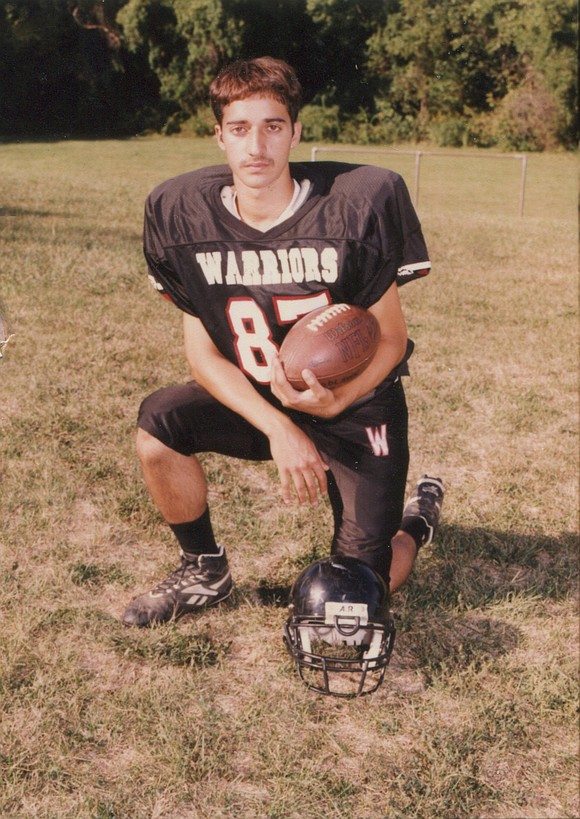'The Case Against Adnan Syed' extends 'Serial' mystery
CNN/Stylemagazine.com Newswire | 3/11/2019, 12:04 p.m.

By Brian Lowry, CNN
(CNN) -- The hunt for another true-crime sensation has been pretty unrelenting since "Making a Murderer," but HBO cheats a bit with "The Case Against Adnan Syed," essentially a sequel to "Serial," the hugely popular 2014 audio documentary.
As a consequence, this new four-part project ends up rehashing much of the case, while picking up where "Serial" left off in a way that weaves the media attention the original generated into the story, in much the way that the second season of "Making a Murderer" did.
It is, for the most part, an engrossing account, although the filmmakers employ one extremely questionable device to help illustrate what had only been heard, not seen, using animation as a visual aid during voiceover excerpts read from murder victim Hae Min Lee's diary.
"Serial" producer Sarah Koenig is shown accepting a prestigious Peabody Award for the podcast, marveling that she would be honored for devoting so much time to "an old murder that I did not solve."
As dense as "Serial" was, there's ample material for filmmaker Amy Berg to sift through, tied to the 1999 disappearance and murder of the 18-year-old Lee, and the eventual arrest and conviction of her former boyfriend, Adnan Syed.
For starters, their hidden relationship speaks to cultural strictures -- she was Korean-American, he the son of Pakistani immigrants -- that created impediments to their relationship, issues that Lee addresses at some length in the diary entries.
Mostly, though, "The Case Against Adnan Syed" operates as a mystery, raising the question of what happened to Lee, potential missteps by the Baltimore police and who -- if not Syed -- might have killed her, in the midst of an appeals process that won him the right to a new trial before bogging down in the courts. (Last week, Maryland's Court of Appeals ruled against allowing Syed a new trial, reversing an earlier decision in March 2018.)
Like "Making a Murderer," there's a good deal of time devoted to forensic minutia, like analyzing the grass at the location where Lee's car was found. The search also includes returning to interview high-school friends, and hunting down another of Lee's former boyfriends, while retaining a private investigator to help reexamine the evidence.
One of the high-school contemporaries, Krista Meyers, expresses concern that "Hae gets lost" in the focus on Adnan and whether he was wrongly convicted, an inevitable byproduct when filtering such fact-based stories through the demanding prism of an entertainment culture weaned on "Law & Order" and "CSI."
Once again, "The Case Against Adnan Syed" raises troubling questions about the justice system, including the questionable behavior of police amid pressure to close high-profile cases. (It's also worth noting that Syed family friend and advocate Rabia Chaudry is credited among the producers.)
The docu-series is not, perhaps, as compelling -- or certainly as unique -- as the podcast was. Three of the four installments were made available, so it's also to be determined how well the producers do in bringing this installment of the story to a conclusion, given the status of the case.
Even so, for those who tuned into "Serial," the new documentary makes a convincing argument for its own existence, in what has become, for better or worse, one of TV's most crowded genres.
"The Case Against Adnan Syed" premieres March 10 at 9 p.m. on HBO. Like CNN, the network is a unit of WarnerMedia.








